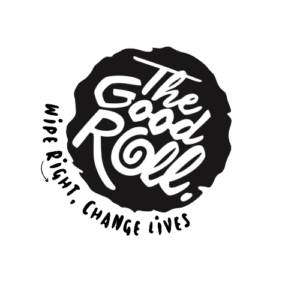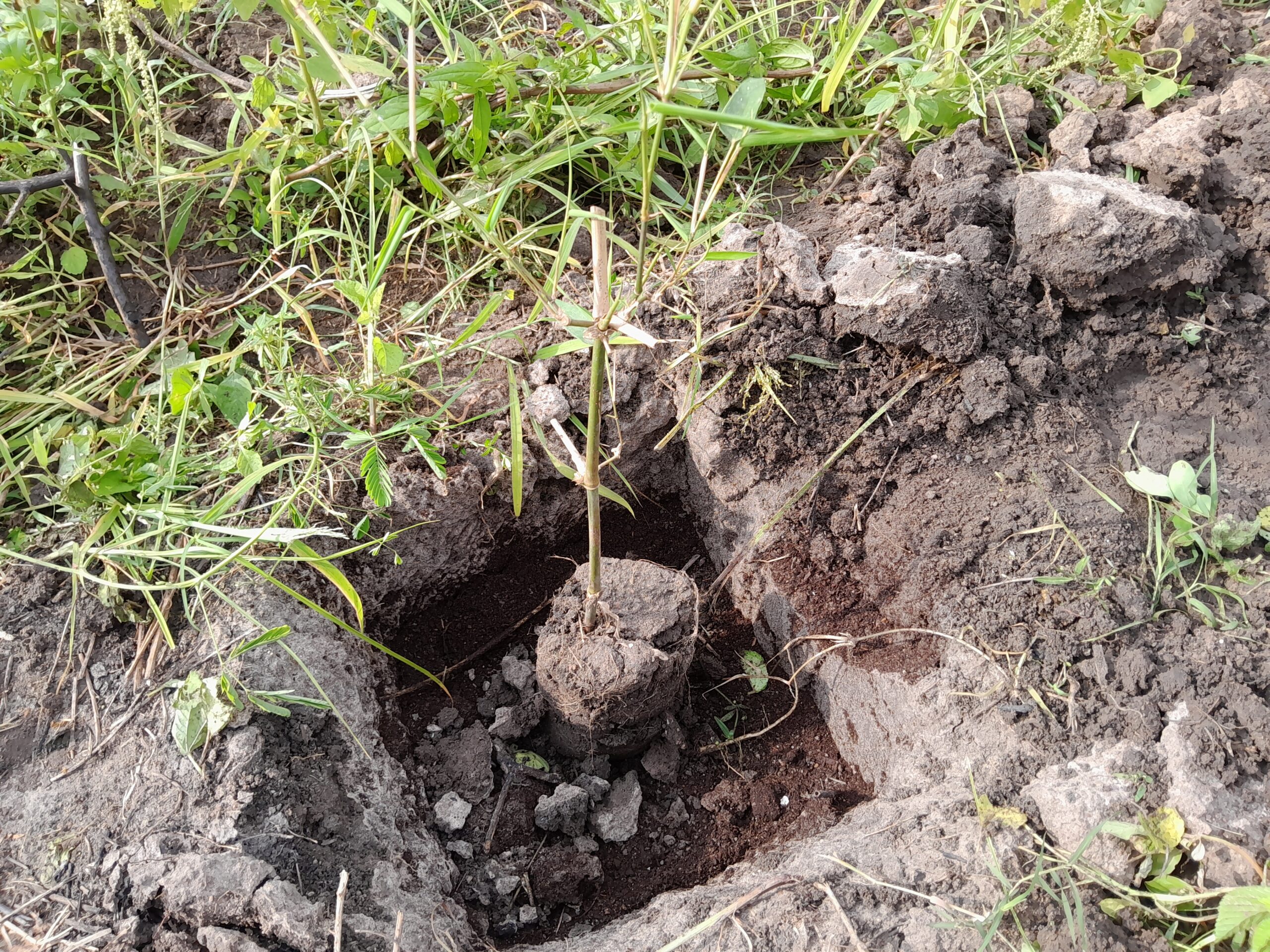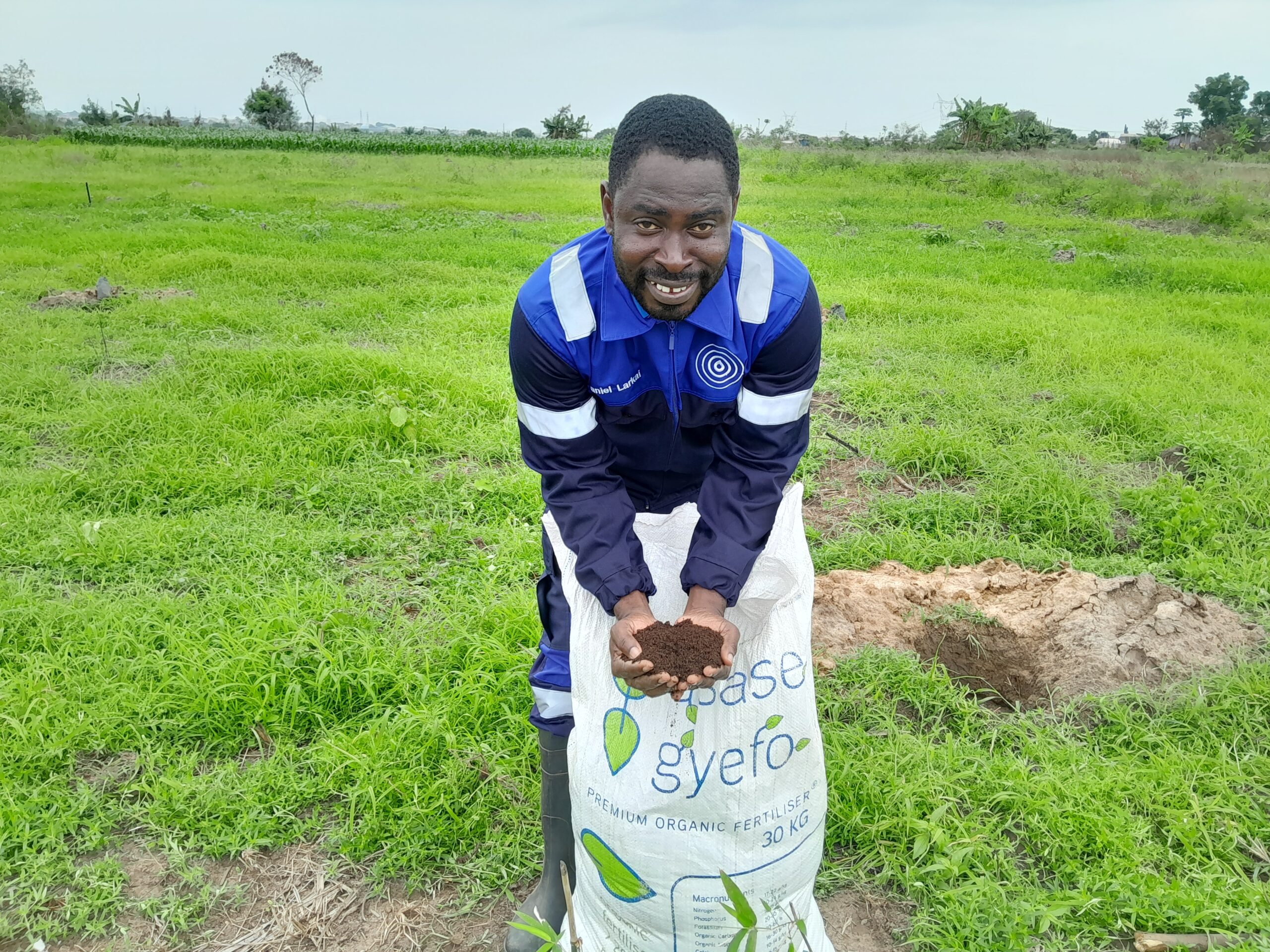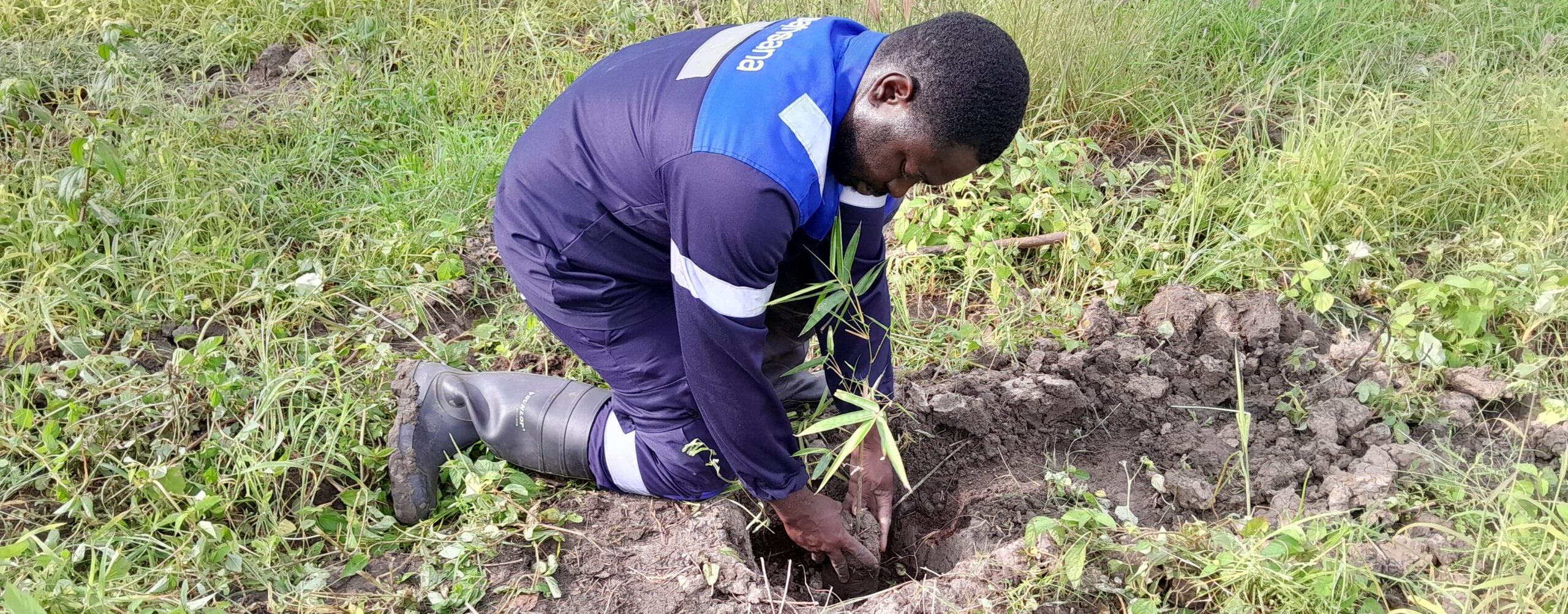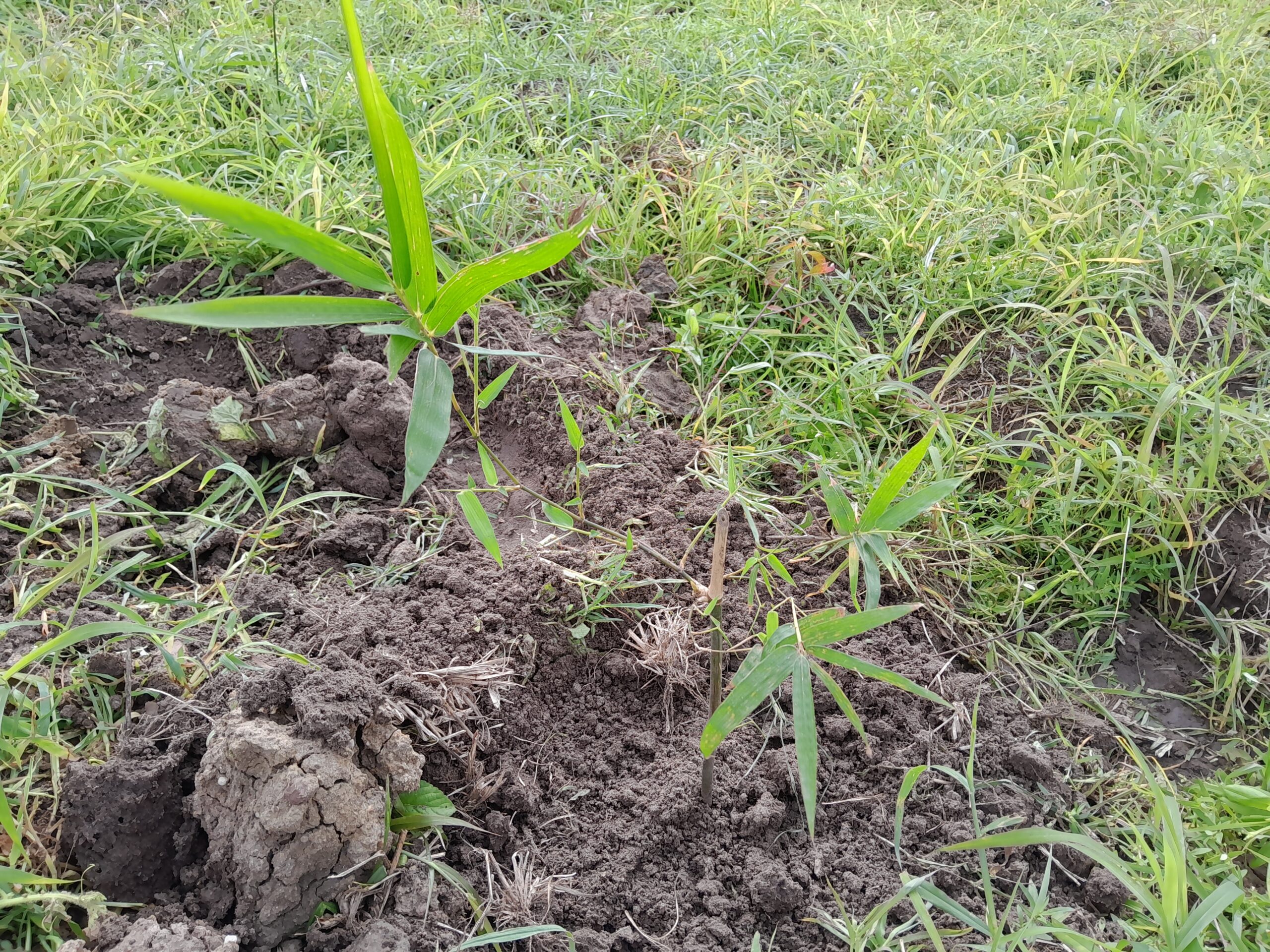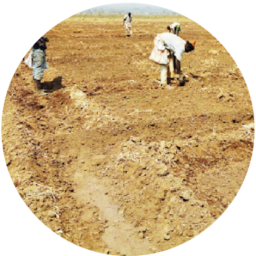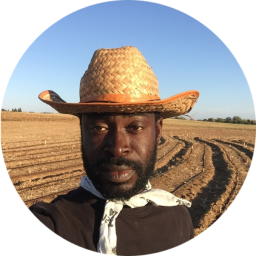Safisana is teaming up with The Good Roll to increase yields and income of farmers in Ghana!
Like Safisana, The Good Roll is a Dutch social enterprise based in Weesp, with an operations unit located in Ghana. The company produces sustainable toilet paper with a mission, as they use 50% of the net profit to construct toilets in Ghana. The Good Roll is currently building a new toilet paper factory in Akosombo Ghana, which will be opened in September 2024. Bamboo is the main raw material for the production of paper. And that is where the collaboration with Safisana comes in.
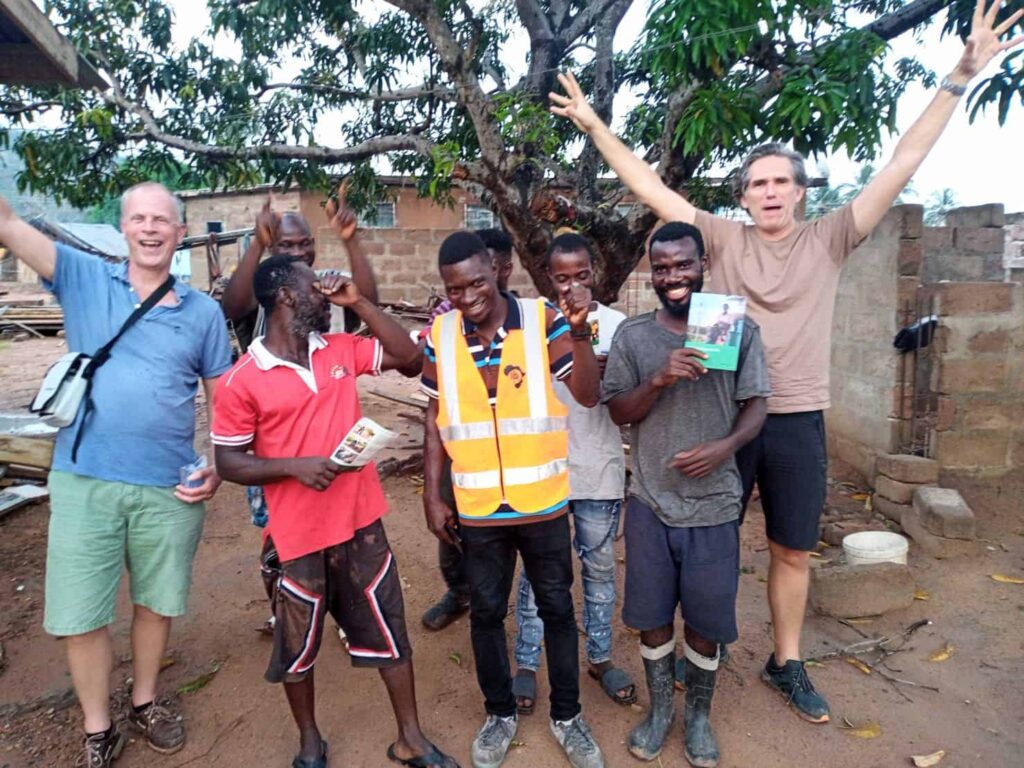
Promoting sustainable production
The project consists of farmers trials that investigate the efficacy of the use of organic fertilizer on the growth and development of bamboo, and to promote sustainable bamboo production in general.
“Normally bamboo grows in the wild”, Daniel Larkai, head of the Agronomy department at Safisana, explains. “Farmers usually don’t add anything to it, no chemical fertilizer, no nothing. This trial focuses on investigating the effect of adding Safisana’s Asase Gyefo organic fertilizer to it on quality and quantity of bamboo yields, in order to improve it and promote sustainable production of bamboo in Ghana.”
Improving yields and income
Jeroen Zevenbergen, Operations Manager of The Good Roll in Ghana : “The paper factory will have the capacity of processing around 25 tonnes of pulp, coming from bamboo. Our mission is to become the first Fair Trade toilet paper brand in the world and to make a social impact on the local farmers. Once the factory is running, we will work together with around 1000 local farmers in the region. We will set up farmer cooperatives for them and we will also build a nursery to grow seedlings ourselves, which will be distributed by the cooperatives to the farmers to stimulate growth of their production. The aim is to increase for the farmers’ yields and income in a sustainable way. This bamboo farming trial with Safisana is a way to achieve that.”
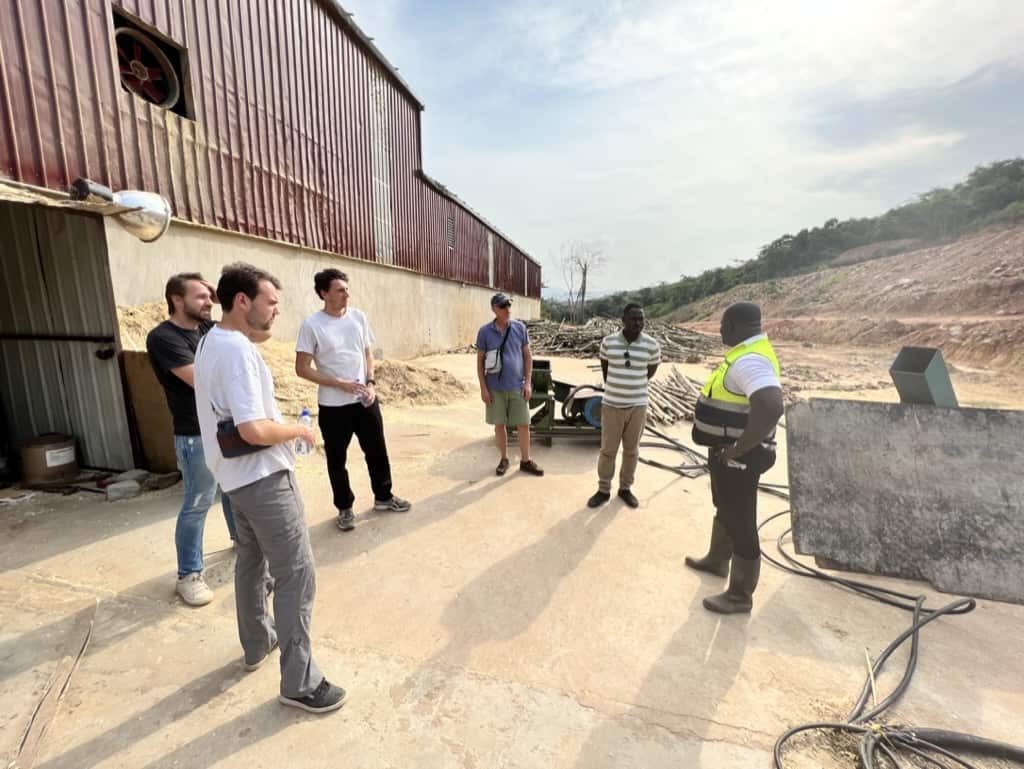
Bamboo trials
The efficacy of applying organic fertilizer to bamboo will take place on farm fields adjacent to the Safisana recycling plant in Ashaiman, which are part of the Ghana Irrigation Development Authority. This week the planting has started of the organic seedlings, provided by INBAR, an intergovernmental development organization that promotes environmentally sustainable development using bamboo and rattan. The trial will take around 2 years. Daniel Larkai: “We will test 4 different plots: one will not have any fertilizer added, and the others will have Asase Gyefo added in different quantities: 1, 2 and 3 kg added in the planting hole. This way we can assess the optimal quantity.”
A Natural and Multifunctional Product
The trial is also to expand knowledge among farmers about the multifunctional character of bamboo as a natural and sustainable alternative resource. “Currently, bamboo in Ghana is seen as weed, which is often burned. That is actually a big shame”, agronomist Daniel Larkai says, “because bamboo is actually a very multifunctional and valuable product. The strength of bamboo is equivalent to steel, it can be used in construction as a sustainable replacement for iron rods. It is also used in clothing as a replacement for cotton, it can be used as a resource for energy production and very importantly for farmers: it is used in agroforestry for soil remediation and soil reclamation, for its ability to clean up soils contaminated with heavy metals. It is my expectation that this trial will demonstrate that application of organic fertilizer will lead to an overall increase in bamboo production.”
